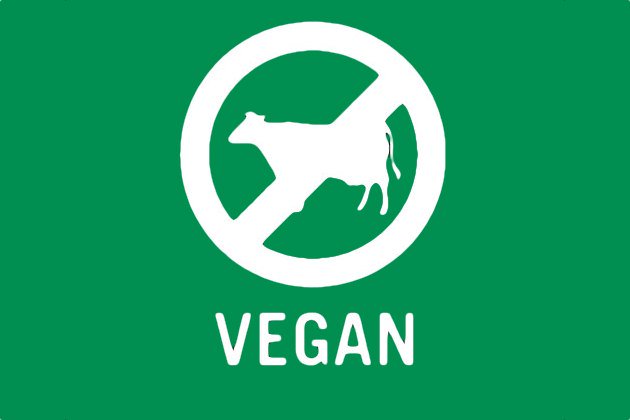Why are so many yogis vegans? Seriously, I feel like a total weirdo in my yoga class because I eat meat. Petra B.
The Answer
Ahimsa is one of five of Patanjali’s Yamas, or restraints, that help make up the classical meaning of yoga. Simply, Ahimsa translates to the absence of violence. For different people, this word means different things (eliminating physical violence, or self-shaming, or emotional hate, for example), but for others, it literally means no killing and no harming, helping them to bring a specific meaning onto their plates and into their bellies.
Vegans have a strict vegetarian diet that eliminates all animal products and byproducts. Because of their application of compassion and justice towards all living beings, the way they choose to eat becomes a way of life, not just a list of dietary restrictions.
Choosing to apply Ahimsa to the way one eats is certainly popular amongst yogis because it is the simplest and perhaps most straightforward way to practice the restraint. Saving the lives of animals is a way to be actively kind and accepting, and can lead to personal and spiritual empowerment and development.
Additional Tips
One of the greatest parts of yoga is the ability to interpret its components to make them suitable and applicable to you. Veganism is a beautiful expression of Ahimsa, but many people feel as though it’s not for them, and that’s okay. In fact, Patanjali, the author of the yoga sutra, claims we can contribute to society by also remaining truthful, by not stealing, having conscious intimacy, and non-hoarding.
Find a practice that will be non-harming to you. Make the choice, whether it’s veganism or vegetarianism, or neither, that will be the best choice for you, and you’ll be on your way to contributing to society and leading a happy and healthy life.


